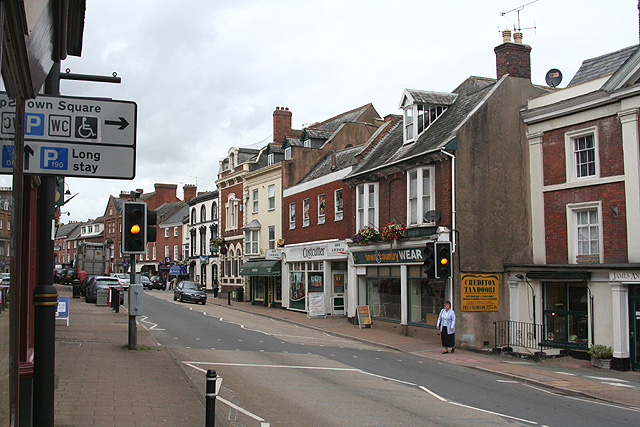Richard Cooke’s early life resembled his father’s, Sir Anthony Cooke. Raised in the same milieu as
his five famously accomplished sisters, he followed his father to the English court and
served alongside him in the privy chamber. In the spring of 1553 he sat in
Parliament for the borough of Stamford in his father’s stead, because the
reclusive Sir Anthony simply declined the honor.
Richard
died in 1579, a mere three years after his father. His chief heir, another Sir
Anthony Cooke, proved to be a flamboyant, Cavalier-type wastrel, and the rest
of the family watched helplessly (well, some of them tried to help, but he was
a lost cause) as he frittered away the estate his forefathers had so prudently
accumulated.
Another
son, William Cooke (1562) magnified his grandfather’s Dissenter Protestant inclinations.
He received his BA on 3 November 1582 and his MA on 22 July 1587 from Magdalen
College. He became a fellow of that college, but Magdalen College fellows
weren’t permitted to marry. He resigned his position in 1598 when a spunky, fetching
fourteen-year-old girl (an attested “daughter of a gentleman”) came to his
studious attention. Once a family man, he became the second vicar of Crediton, Future
events suggest that he raised his children in the Dissenter creed.
 |
| Crediton High Street today. Source: http://www.geograph.org.uk |
Life in
Crediton was a far cry from the splendors of Gidea Hall where he was raised. Located directly
northeast of the Cornwall peninsula, it lies in a narrow vale not far from
those two storied wastelands, Dartmoor and Exmoor. In 1644 a traveler described
it as “a big lousy town…houses be mostly of clay without any timber in the
walls…”
No comments:
Post a Comment